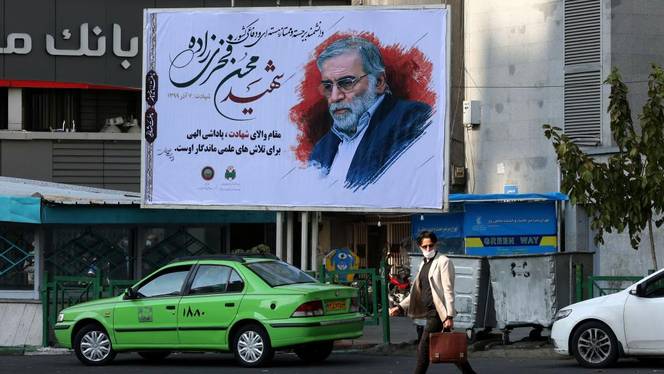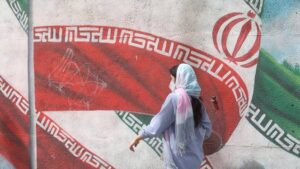The Israeli government has urged its citizens to avoid travel to the Gulf states of the United Arab Emirates and Bahrain, citing threats of Iranian attacks.
The travel advisory comes as Iran is threatening to attack Israeli targets following the assassination of its top nuclear scientist Mohsen Fakhrizadeh last Friday. Iran accuses Israel of being behind the attack. Israel has not commented.
Israel recently signed agreements establishing diplomatic relations with the UAE and Bahrain, and thousands of Israeli tourists are scheduled to travel to the Gulf this month.
“In light of the threats heard recently by Iranian officials and in light of the involvement in the past of Iranian officials in terror attacks in various countries, there is a concern that Iran will try to act in this way against Israeli targets,” said a statement issued by the prime minister’s National Security Council.
It also advised against travel to Georgia, Azerbaijan, Turkey, the area of Iraq under its Kurdish Regional Government, and Africa.
READ MORE: Anger in Iran as its nuclear scientist is assassinated amid global silence
Iran wary of US sanctions
Iran is unlikely to retaliate over the assassination of Fakhrizadeh before the inauguration of Joe Biden in case it jeopardises any future sanctions relief, the top US envoy on Iran told Reuters.
Elliott Abrams, Washington’s special representative on Iran and Venezuela, said in an interview that Tehran was “desperately” in need of sanctions relief from the United States and that would be a key calculation in their decision-making as President-elect Biden takes over from President Donald Trump on January 20.
“If they want sanctions relief, they know that they’re going to need to enter some kind of negotiation after January 20, and it’s got to be in their minds that they don’t want to… undertake any activities between now and Jan 20 that make sanctions relief harder to get,” he said.
READ MORE: Iran buries nuclear scientist, accuses Israel of remotely killing him
Fraught tensions
Tensions between Washington and Tehran have risen since 2018, when Trump abandoned Obama’s 2015 nuclear deal, and restored harsh economic sanctions to pressure Tehran to negotiate stricter curbs on its nuclear program, ballistic missile development and support for regional proxy forces.
In retaliation, Tehran gradually breached the deal’s restrictions on its nuclear program.
Biden has said he will return the United States to the deal if Iran resumes compliance.
Tehran has always denied seeking nuclear weapons.
Last week, Abrams said the Trump administration was planning to tighten sanctions on Tehran during its final weeks in power but also urged Biden to press for a deal that reduces the regional and nuclear threats posed by the Islamic Republic.
He added that he expected a negotiation to take place with Iran next year and that he believes a deal will be struck under the Biden administration.
Iran’s clerical rulers have ruled out negotiations over its missile program or changing its regional policy. Instead it wants a change in US policy, including the lifting of sanctions.
READ MORE:
Iran blames Israel over scientist’s assassination, vows retaliation

























![Deputy Minister of Saudi Foreign Ministry, Waleed El Khereiji [R], meets with Syrian Minister of Foreign Affairs Faisal Mekdad in Jeddah, Saudi Arabia, on April 12, 2023.](https://www.infonewsall.com/storage/0m_153832_sau20230412saudiarabiasyria_1681335069352-300x169.jpg)

























Be First to Comment